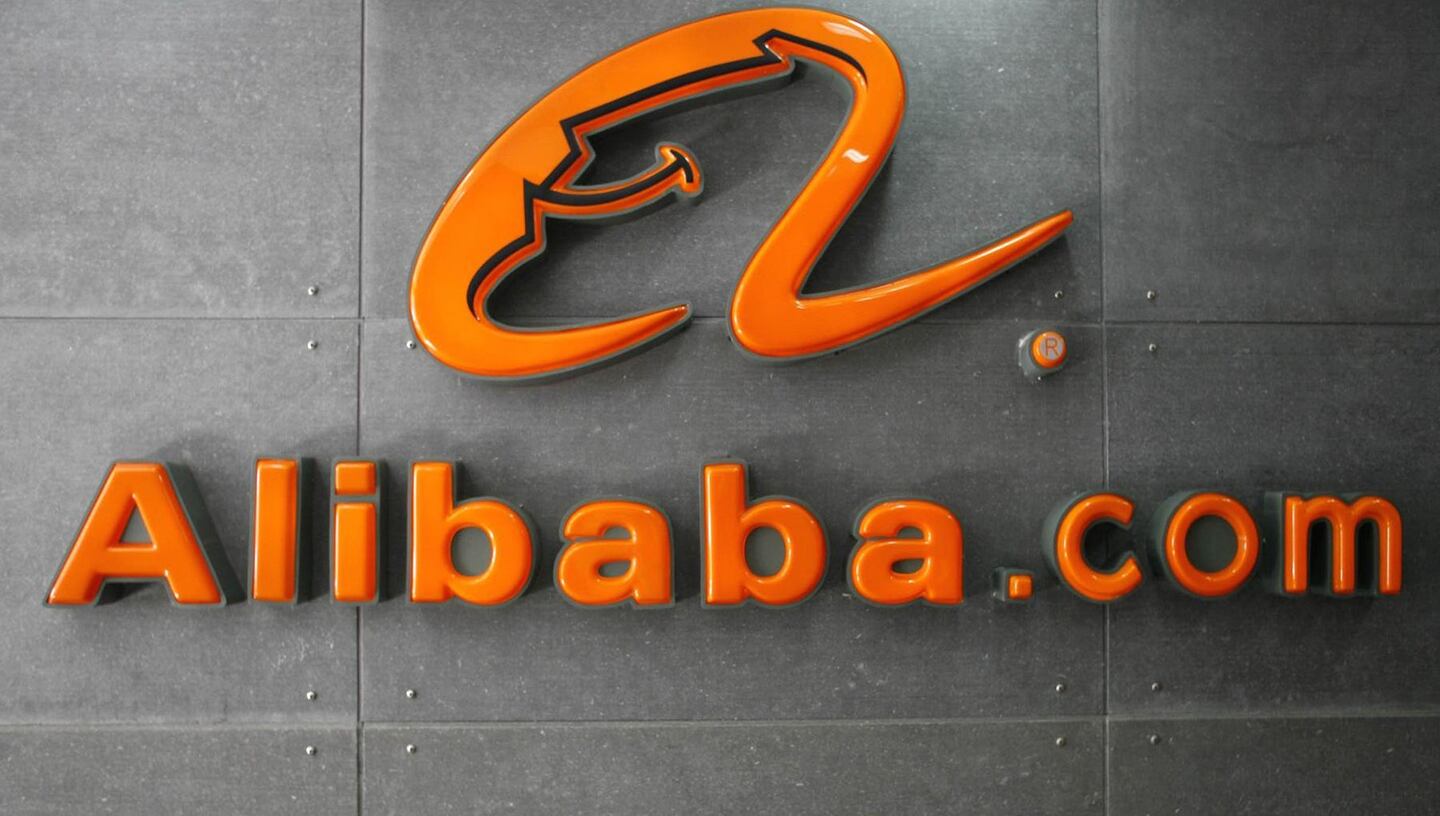
The Business of Fashion
Agenda-setting intelligence, analysis and advice for the global fashion community.

Agenda-setting intelligence, analysis and advice for the global fashion community.

BEIJING, China — Alibaba Group Holding Ltd. raised its full-year sales forecast after quarterly results beat estimates, as Chinese spending stays strong and the company wrings revenue from fledgling areas such as cloud computing, entertainment and search.
China’s biggest e-commerce company increased its projection for fiscal 2017 revenue growth to 53 percent, from 48 percent previously. That may help assuage investors concerned that a deceleration in the world’s second-largest economy is curtailing Alibaba’s main online commerce business.
Despite a fairly stagnant user base of about 443 million, Alibaba benefited from a record Nov. 11 Singles’ Day spending spree, and gained a larger share of online advertising from rivals such as Baidu Inc. It also more than doubled sales from cloud computing in the December quarter. As transaction growth slows, Alibaba is generating more revenue from merchants by selling them services to draw in buyers, and expanding its Netflix-like entertainment arm.
"Investors will have a huge reaction to the revenue forecast raise," said Ray Zhao, a Shenzhen-based analyst at Guotai Junan Securities Co. "The growth is mostly coming from the strong performance in Alibaba's digital entertainment platforms, its ability to make money from cloud computing."
ADVERTISEMENT
Alibaba shares jumped in pre-market trading after quarterly results came in above estimates. Sales rose 54 percent to 53.2 billion yuan ($7.8 billion) in the December quarter, topping the 50.1 billion-yuan expected by analysts. Adjusted earnings-per-share came to 9.02 yuan compared with estimates for 7.70 yuan. Net income climbed 38 percent to 17.2 billion yuan, also outstripping the 13.6 billion-yuan average of estimates compiled by Bloomberg.
Chinese retail e-commerce revenue jumped 42 percent to 40.8 billion yuan in the quarter, driven by strong demand for the marketing services that merchants pay for. About 80 percent of that came from mobile platforms, where sales climbed 73 percent. The company is now also expanding into traditional retail, experimenting with technology to revamp a fragmented $4.8 trillion market.
For now, the company still derives most of its business from its home market. But Alibaba is aiming to attract a million small businesses in the US onto its platform within five years, hoping those entities will create one new job each. The initiative was brought up by chairman Jack Ma in a meeting with Donald Trump in January, as a means to display goodwill after the online emporium was again labeled a "notorious market" awash in counterfeits by the US Trade Representative.
Ma said as early as in 2015 that the company wants more than 50 percent of revenue from outside of China. He also said in January last year he wanted to serve 10 million small businesses abroad. That international drive entails spending on marketing.
Revenue from digital media and entertainment rose almost four-fold to 4.1 billion yuan, bolstered by its online video service Youku and search through UCWeb.
Alibaba’s cloud unit remained one of its fastest revenue drivers, supporting the more than $17 billion of sales that flowed through its platforms during Singles’ Day. Revenue from the business more than doubled to 1.8 billion yuan last quarter as paying customers rose to 765,000.
Like Amazon.com Inc.’s AWS, the cloud service emerged from the enormous computational power needed to handle millions of online shopping transactions. But unlike its US counterpart, it enjoys home-field advantage in a vast Chinese market where internet-based computing is still novel to many enterprises.
Cloud could account for about 5 percent of sales this financial year, according to Evan Zhou, a Hong Kong-based analyst at Credit Suisse Group AG.
ADVERTISEMENT
The company this month struck a deal to sponsor the Olympic Games through 2028 that is said to be worth $800 million. Alibaba will provide online computing services and data analytics for the sporting contest, while creating a marketplace for official merchandise and developing an online video channel for viewers in China.
“Brands and merchants spent more due to the shopping promotions on Alibaba this quarter,” Julia Pan, a Shanghai-based analyst at UOB Kay Hian, said before the earnings. “Alibaba is trying to offer more targeted marketing strategies for brands using big data and cloud computing services, and also a one-stop solution with its shopping sites and video streaming platform.”
By Lulu Yilun Chen; editors: Robert Fenner and Edwin Chan.
In 2020, like many companies, the $50 billion yoga apparel brand created a new department to improve internal diversity and inclusion, and to create a more equitable playing field for minorities. In interviews with BoF, 14 current and former employees said things only got worse.
For fashion’s private market investors, deal-making may provide less-than-ideal returns and raise questions about the long-term value creation opportunities across parts of the fashion industry, reports The State of Fashion 2024.
A blockbuster public listing should clear the way for other brands to try their luck. That, plus LVMH results and what else to watch for in the coming week.
L Catterton, the private-equity firm with close ties to LVMH and Bernard Arnault that’s preparing to take Birkenstock public, has become an investment giant in the consumer-goods space, with stakes in companies selling everything from fashion to pet food to tacos.